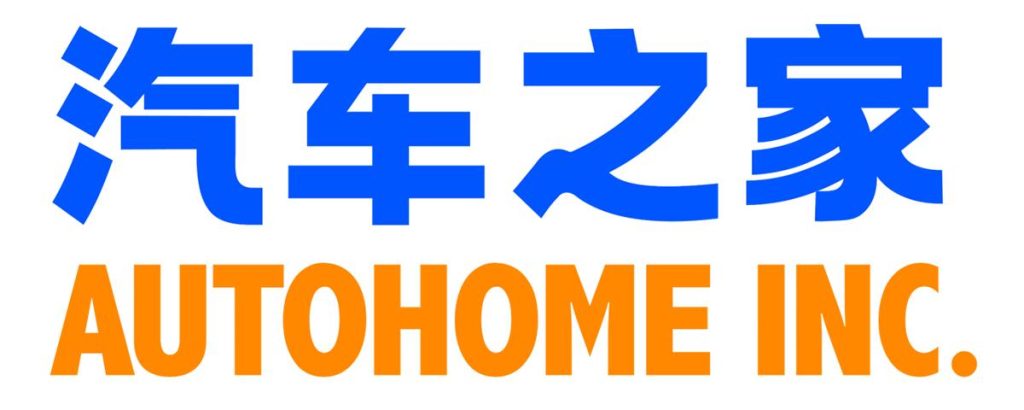Asian equities, except for Taiwan, the Philippines, and South Korea, faced losses as the US dollar strengthened against Asian currencies. Hong Kong experienced a decline, attributed to profit-taking on growth stocks that had performed well during the recent rally. Reports of the US preventing Huawei from buying Nvidia and Qualcomm chips weighed on Chinese semiconductor stocks. The electric vehicle (EV) ecosystem also suffered, with April’s preliminary retail car sales showing a -2% decline year-over-year after a strong March.
The China Securities Journal reported the potential for another cut to banks’ reserve requirement ratio (RRR) and interest rates. However, it is unlikely that interest rate cuts will occur until the US Federal Reserve begins to cut rates. Hong Kong saw a mix of gains and losses among heavily traded stocks, with real estate companies experiencing significant profit-taking. Mainland investors bought the Hong Kong dip via Southbound Stock Connect, while foreign investors sold Mainland stocks. The skepticism around the China rally is understandable following a decline in February 2021, but rebuilding investor trust and confidence may take years.
Chinese companies engaged in stock buybacks and dividends, while the National Team bought ETFs, similar to the actions taken in Japan to end a 25-year bear market. China’s economy is slowly rebounding, with GDP growth of 5.3% in Q1 2024 surprising economists who were skeptical. The policy amplification is expected with the upcoming Third Plenum, and next week will see Q1 financial results from the largest internet companies. Additionally, the performance of companies like online car sales platform Autohome, which beat analyst expectations, could contribute to the rally’s continuation.
The Hang Seng and Hang Seng Tech indexes fell on higher volume, with more stocks declining than advancing. Main Board short turnover increased, with negative factors outweighing the positive ones. Technology and Energy were the only sectors with gains, while Real Estate, Consumer Discretionary, and Consumer Staples fell. Southbound Stock Connect volumes were high as mainland investors bought Hong Kong-listed stocks. In Mainland China, Shanghai, Shenzhen, and the STAR Board also experienced losses, with Energy being the only positive sector. Northbound Stock Connect volumes were moderate, with foreign investors selling Mainland stocks. CNY and the Asia Dollar Index fell against the US dollar, while Treasury bonds, copper, and steel were also sold.
A webinar on AI as the Next Great Catalyst for Emerging Markets is scheduled for May 14th at 10:00 am EDT. Additionally, the latest article on China Market Connect in March 2024 is available for reading. Exchange rates, prices, and yields showed slight fluctuations, with the CNY per USD at 7.22 versus 7.21 yesterday, and the yield on 10-Year Government Bond at 2.29%. Copper and steel prices also saw declines. Overall, the Asian equities market faces challenges amidst a strengthening US dollar and various external factors affecting individual sectors and stocks.


